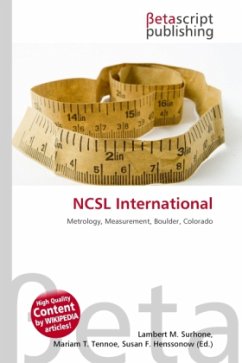
Crime and Violence In a Native American Indian Reservation:
A Criminological Study of the Southern Ute Indians Forward by Gilbert Geis, Past President American Society of Criminology
Versandkostenfrei!
Versandfertig in 6-10 Tagen
52,99 €
inkl. MwSt.

PAYBACK Punkte
26 °P sammeln!
Rhetoric surrounding crime and violence among modern Native American Indians suggests that they experience higher rates and more violent forms of criminal victimization than any other group. Crime was not found to exist at the levels suggested by the national rhetoric of recent decades; rhetoric which often is fueled by flawed data found in official government reports. What does occur is in the form of violations of Indian cultural values, which is defined as cultural crime. Cultural crimes, which include violations of Title 25 - Indians of the United States Code and violations of American Ind...
Rhetoric surrounding crime and violence among modern Native American Indians suggests that they experience higher rates and more violent forms of criminal victimization than any other group. Crime was not found to exist at the levels suggested by the national rhetoric of recent decades; rhetoric which often is fueled by flawed data found in official government reports. What does occur is in the form of violations of Indian cultural values, which is defined as cultural crime. Cultural crimes, which include violations of Title 25 - Indians of the United States Code and violations of American Indian cultural norms, have a much more harmful effect on the future of the tribe than the general types of crime. The natural process of acculturation due to globalization, has led to the development of a tripartite (three-level) criminal jurisdiction that exists today. Tribal police often respond to circumstances surrounding Indian Spirits. Witchcraft often is used as a means of informal social control among members of this group. This unprecedented study is also the first to empirically explore individual tribal responses to crime and violence.












